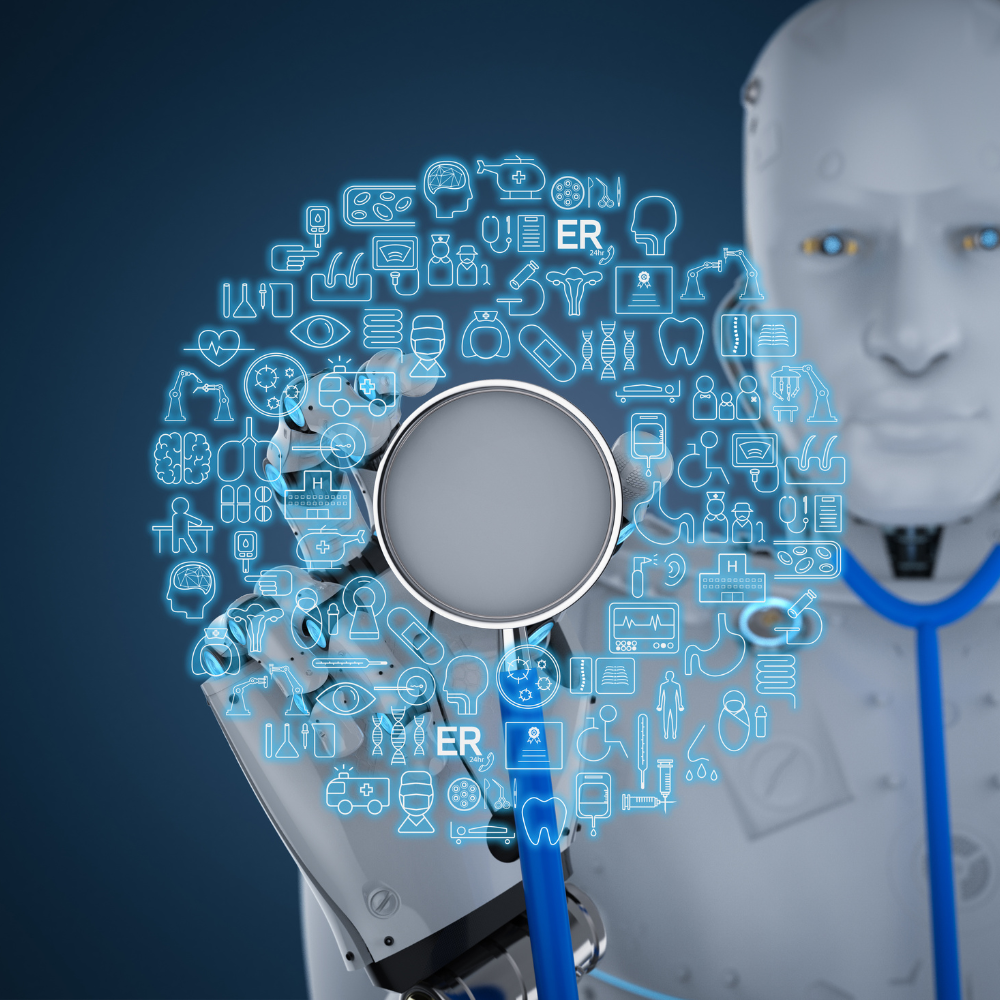AI: The Future of Medical Coding in Healthcare

Artificial intelligence has been transforming the healthcare industry by every means. With the emergence of artificial intelligence in healthcare, the sector has become more efficient, accurate with collaborative automation. Every process in healthcare is equally important and crucial. However, medical coding is the primary driver of revenue cycle management.
Medical coding plays a critical role in healthcare, enhancing the accuracy of documents of patient visits, processes, and diagnoses for billing, payments, and data analysis. Owing to the innovations in artificial intelligence, the future of medical coding has great potential to revolutionize healthcare functions.
AI-powered processes can automate and improve the coding process, promoting accuracy, efficiency, and overall quality of patient care. This blog highlights the current overview of artificial intelligence in medical coding and dives into its changing impact on the future of healthcare.
Improved efficiency via automation
Artificial intelligence technologies like natural language processing and machine learning algorithms analyze vast volumes of medical data, electronic health records, clinical notes, and medical literature and automate coding procedures. AI can pick suitable codes and allocate them for medical processes, diagnoses, and therapies by taking rigid information from various sources. This automation eliminates the need for manual coding, minimizes human error, and gives healthcare personnel more time for patient care.
Revamped accuracy and compliance
Medical coding errors can have adverse outcomes, resulting in denied claims, wrong billing, and quality-compromised patient care. AI algorithms can promote accuracy by constantly learning and brushing their coding capabilities based on historical data, coding standards, and updates. Moreover, AI can support compliance with complicated coding regulations, such as the ICD coding system, by highlighting possible disparities and errors in documentation.
Real-time coding and documentation
The collaboration of AI in medical coding enables real-time coding and documentation. AI-collaborated coding systems can assess clinical notes when entered into the electronic health record, immediately suggesting relevant diagnostics, procedures, and treatment codes. This real-time assistance saves time and minimizes missed regulations or incorrect documentation, enhancing billing accuracy and more relevant patient records.
Data-driven insights
AI-powered medical coding systems generate much-structured data that may be leveraged for meaningful analysis. By analyzing coded data, AI systems can find trends, patterns, and results associated with specific procedures, treatments, or diagnoses. These data-driven insights can help the healthcare sector improve patient outcomes, resource allocation, and decision-making. The ability of AI to analyze unstructured data, such as clinical notes, and to give more excellent contextual knowledge can also enhance the quality of data-driven insights.
Constant learning
AI algorithms have the rare capacity to continually learn from and adjust to changing coding standards, laws, and medical procedures. AI can quickly adapt its coding algorithms to reflect changes in medical treatments, policies, and diagnoses, providing accurate and current coding. This flexibility lessens the need for human programmers to be up to date all the time and decreases the likelihood of using obsolete or inaccurate coding techniques.
Ethical considerations
Although AI in medical coding has a bright future, it is crucial to address ethical issues and ensure sufficient human oversight. AI systems should be designed and trained on various datasets to avoid prejudice and discrimination. Additionally, human coders should collaborate with AI systems to examine and confirm coding proposals to ensure the most significant degree of accuracy and quality control.






